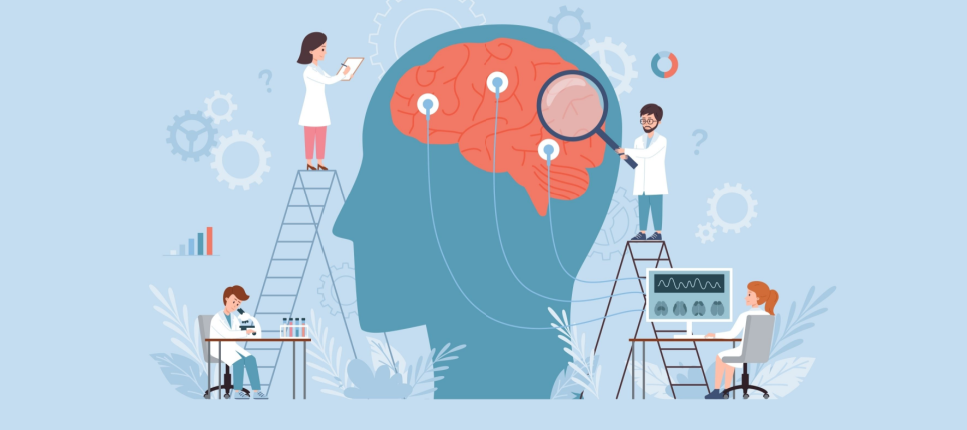Elearning does not automatically make for better learning, nor does it necessarily guarantee superior learning outcomes. Many scholars have observed that a considerable amount of online learning in higher education has had but a mediocre impact on learner achievement.
Part of the problem may be the focus on technological tools and the tendency to append these to existing classroom routines. Another factor may be the lack of depth and breadth of evaluation procedures and the value attached to such efforts. The following paper presents a holistic, iterative approach to evaluation that leverages the experience and insights of a broad range of stakeholders. Our recommended holistic evaluation model not only boosts learning efficiency and effectiveness, but it also serves to align the learning experiences of both students and teachers and bolsters the administration and technical capabilities of our elearning tools.








